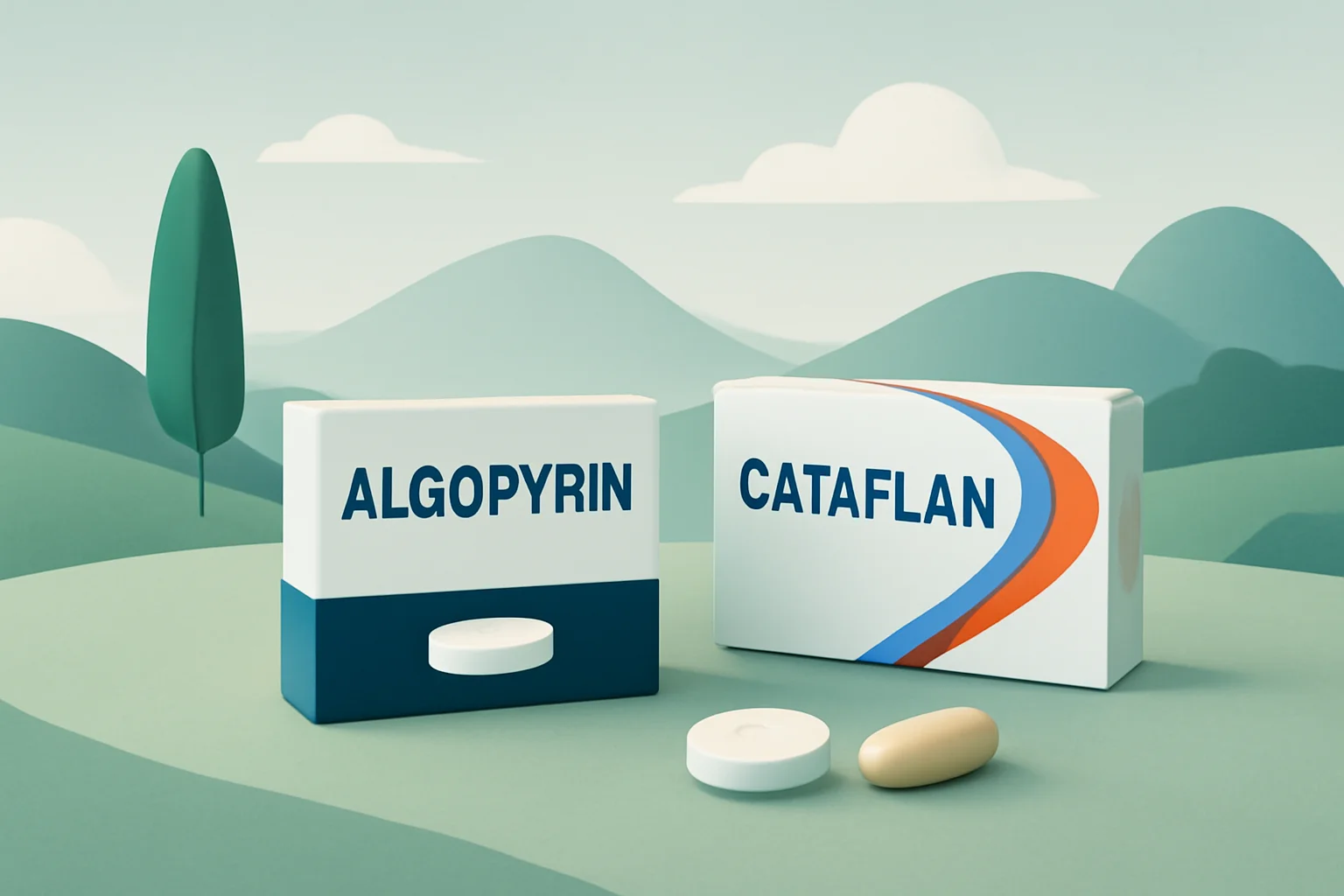
Let’s get to know the Coffee Education Center’s barista course!
The Coffee Education Center is one of the most well-known coffee training institutions in Budapest, distinguished by its professional barista courses in the domestic market. If someone is seriously considering building a barista career or simply wants to deepen their coffee knowledge, it is worth getting to know this training more closely. What exactly does the Coffee Education Center offer, and why are more and more people choosing the courses here?
The mission and philosophy of the Coffee Education Center
The Coffee Education Center is not just a training place but a community that aims to spread the culture of quality coffee in Hungary. According to the institution’s foundational philosophy, good coffee is not only about good beans but also about who prepares it and how. Therefore, they place great emphasis on ensuring that their students not only learn techniques but also understand the entire world of coffee.
During the education, they strive for a balance between practical knowledge and theoretical background. Students not only learn to operate the espresso machine but also get acquainted with the journey of coffee from producer to cup. This holistic approach makes the training at the Coffee Education Center unique.
The instructors at the center are all experienced professionals who are not only well-versed in the barista profession but also possess pedagogical skills. For example, Döníz Kiss, the lead instructor, has been working in the specialty coffee world for years and has experience in numerous international competitions.
The structure of the professional four-day course
The flagship course of the Coffee Education Center is the
four-day professional barista course
, which includes a total of 32 teaching hours. This intensive training starts from a completely beginner level and leads to a knowledge level where participants can stand their ground in any modern specialty coffee shop.
Day one: Introduction to the world of coffee
On the first day, participants get acquainted with the history and culture of coffee. Here, they learn what specialty coffee is exactly and what makes a café “new wave.” One of the most exciting parts of the day is the cupping session, where students can taste coffees from different growing regions that have been processed and roasted differently.
This part is extremely important as it develops the taste buds and teaches participants to recognize flavor notes. During the introduction to the cupping protocol, they learn how to professionally evaluate a coffee, which will later be useful in their barista work.
At the end of the day, they also get to know various coffee machines, grinders, and other tools. This is practical knowledge that they will immediately apply in the following days.
Day two: The art of espresso
The second day marks the beginning of actual barista work. Participants learn the theory and practice of
espresso preparation
, including the proper settings of the grinder and the coffee machine. They also get acquainted with making ristretto, lungo, and americano.
Particular attention is given to TDS measurement and extraction calculation, which helps understand how to extract the best flavor from the coffee. This technical knowledge distinguishes a professional barista from a hobbyist.
The basics of steaming milk are also included in this block, and the teaching of latte art begins here as well. Students learn how to steam milk to the right temperature and texture, which is the foundation of every milk-based drink.
At the end of the day, they deal with the maintenance and cleaning of equipment, which is an essential part of professional barista work.
Day three: Beverage menu and latte art
On the third day, participants independently set their espresso recipes and learn to prepare all classic milk-based drinks. Espresso macchiato, cortado, cappuccino, flat white, and café latte are all included in the program.
For each drink, they learn the exact ratios, serving methods, and characteristic properties. This is important because, in a professional café, guests expect the barista to know the difference between a cortado and a cappuccino, for example.
Practicing latte art takes center stage at this phase. Students learn the basic pouring techniques and practice classic patterns such as heart, rosetta, or tulip.
Workflow strategies and workspace management are also important topics of this day. They learn how to effectively organize their work during a busy morning rush hour.
Day four: Filter coffee and exam
On the last day, participants get acquainted with the world of filter coffee. Here, they learn various steeping and dripping techniques, such as using V60, Kalita, Chemex, Clever dripper, AeroPress, French press, and Tricolate.
Each preparation method has its own characteristics, and different types of coffee may require different techniques to be most appropriate. Students learn to recognize these differences and know when to apply which method.
At the end of the day, a written and practical exam concludes the course. The written exam tests theoretical knowledge, while during the practical exam, participants must demonstrate a complete beverage menu. After a successful exam, participants receive a Hungarian-English certificate that officially certifies their expertise.
Advantages of small group training
One of the greatest strengths of the Coffee Education Center is small group training. They start courses with a maximum of four participants, which means each participant receives individual attention. This is especially important for mastering practical skills.
Steaming milk, creating latte art, or perfectly setting espresso are all techniques that can only be learned through continuous practice and individual correction. Small group training ensures that no one falls behind and everyone becomes confident in various techniques.
The instructor can immediately notice and correct every participant’s mistakes, significantly speeding up the learning process. There is no waiting; everyone can continuously practice and receive personalized advice.
Modern equipment and environment
The Coffee Education Center workshop is located at Márton utca 4 in Budapest, in an easily accessible location. The space is designed to be both functional and inspiring. The modern coffee machines, professional grinders, and other tools are all the types that participants will encounter in their future workplaces.
During the course, students get to know various brands and types of equipment, which is important for practical applicability. Different types of machines may be present in every café, but the principles remain the same everywhere.
The atmosphere of the workshop also contributes to the learning experience. Students acquire skills in a real coffee environment, which helps prepare them for real workplace situations.
Theoretical background and professional knowledge
The Coffee Education Center’s course not only teaches practical skills but also provides a solid theoretical foundation. Participants learn the entire journey of coffee from producer to consumer, including cultivation methods, processing techniques, and roasting processes.
This comprehensive knowledge enables graduates to emerge from the course not just as machine operators but as true coffee experts. They will understand why an Ethiopian coffee tastes different from a Colombian coffee or how the degree of roasting affects flavor.
The theoretical knowledge also helps baristas explain the characteristics of different coffees to their guests, which is very important in specialty cafés.
Exam and certificate
The course concludes with a written and practical exam that thoroughly tests the acquired knowledge. The written exam covers theoretical knowledge, while in the practical exam, participants must demonstrate the preparation of various drinks.
After a successful exam, students receive a Hungarian-English certificate that officially certifies their expertise. This certificate is valuable in the job market, as employers know that the Coffee Education Center provides serious training.
The certificate is also internationally recognized, allowing graduates to work abroad.
Students’ opinions and experiences
Graduates of the course generally express high satisfaction with the training. Krisztina, for example, highlights the high-quality education, the modern environment, and the instructor’s professional expertise. Szilárd shares his experiences from a cupping session, where he not only learned to taste but could ask anything about coffee.
These feedbacks reflect the Coffee Education Center’s approach well: professional excellence combined with personal attention. Students not only learn but also enjoy the process.
Summary
The professional barista course at the Coffee Education Center is truly a comprehensive training that prepares participants for the challenges of the barista profession in every aspect. Small group training, modern equipment, experienced instructors, and a practice-oriented approach all serve to ensure that students gain truly applicable knowledge.
Participants receive value for the 159,000 HUF tuition fee in the form of quality education, personal attention, and the acquired certificate. Anyone seriously considering a barista career should consider this training.
Coffee Education Center
Márton utca 4.
1094 Budapest
+36 30 905 0909

